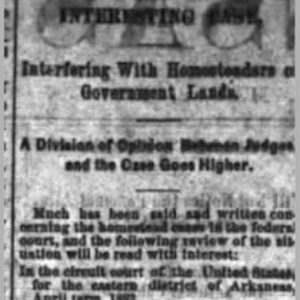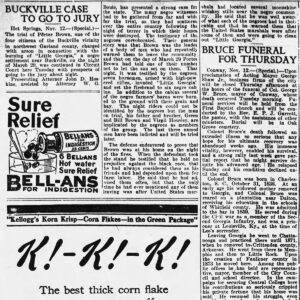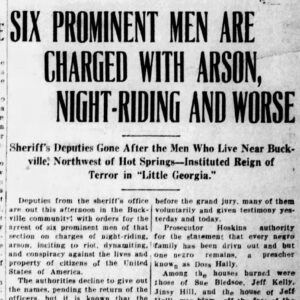Entry Category: Laws and Court Cases - Starting with L
Laman v. McCord
aka: W. F. Laman, et al. v. Robert S. McCord, et al.
Landlord-Tenant Laws
LEARNS Act
aka: Act 237 of 2023
 Timothy Lincoln
Timothy Lincoln
 Lindsay Lawsuit Article
Lindsay Lawsuit Article
 Little Georgia Incidents Article
Little Georgia Incidents Article
 Little Georgia Incidents Article
Little Georgia Incidents Article




